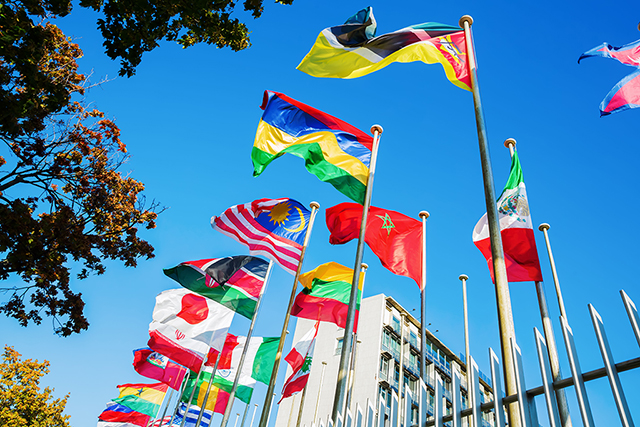National Science Museum in Thailand signs Memorandum of Understanding with UNESCO
Science and technology have the power to transform societies by providing solutions for the challenges facing humanity today, and towards the hopes of the people for peace and prosperity.
In that spirit, the recent Memorandum of Understanding signed by the National Science Museum (NSM) in Thailand and UNESCO advocates for the strong role of the World Network of UNESCO Biosphere Reserves, UNESCO Natural Heritage Sites and UNESCO Global Geoparks. The Natural History Museum plays a crucial role in raising awareness, preparing people to participate in the sciences. In turn, the UNESCO sites are places to explain the critical importance of science, innovation and technology, and how science-based management contributes to master contemporary crises, including pandemics, biodiversity conservation and restoration, climate change adaptation, as well as all forms of environmental pollution, via the promotion of the green economy.

The new Rama IX Museum in Thailand is an important contribution to involve the youth and the general public in the momentum of the “Open Sciences”. Mr. Shigeru Aoyagi, Director of UNESCO Bangkok, congratulated the Museum for its achievements, including the establishment of a section that highlights the UNESCO Biosphere Reserves, World Natural Heritage sites and Global Geoparks.
The sciences and education play an important role to foster global peace, with a view to natural resources management, Mr. Aoyagi said, highlighting the role of the Museum promoting the open sciences, bringing young people closer to science, and enabling them to understand and benefit from science.
Dr. Ravin Rawiwongse, President of the National Sciences Museum, thanked UNESCO for the long-term cooperation with the Museum, which intensified in 2018 and is ongoing. UNESCO has supported the Museum via participation at National Science Fairs, and by providing information and advice. The Museum has also participated in many seminars and events organized by UNESCO, including the celebration of World Science Days for Peace and Development.
At the signing of the Memorandum, Dr. Ravin and his team highlighted a plan “to make the NSM a key player to catalyze a science culture in Thailand and the region”.









